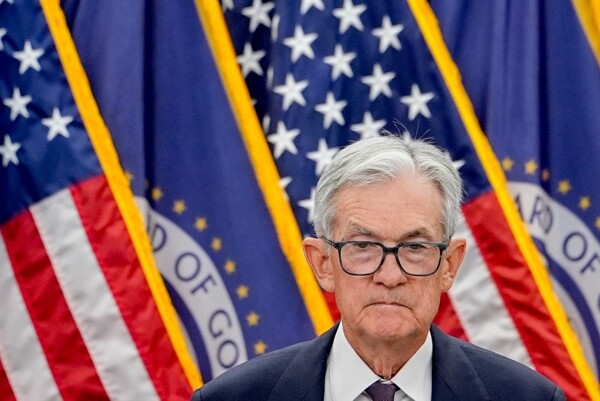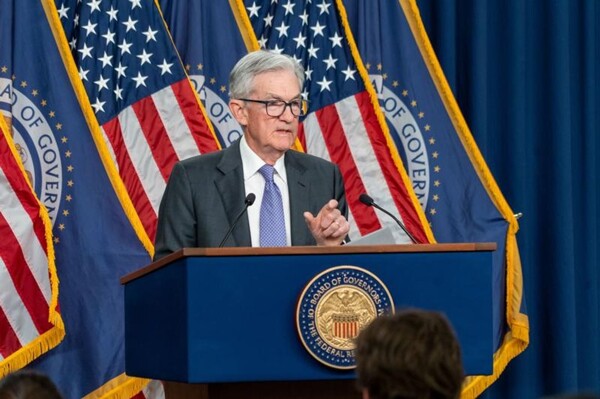
The recovery of the US dollar and the delays in the easing of monetary policy may have triggered a profit-taking in emerging markets. According to Bloomberg data, the yield on sovereign bonds from emerging markets has increased both in dollars and local currency. Experts point out that persistent inflation could negatively impact risk assets in the medium term.
Strong economic data from the United States has affected both the Federal Reserve's monetary policy bets and the yield curves of emerging markets. Long-term bonds have suffered significant losses since the Fed's last cut, while short-term bonds have seen minimal gains. This has led investors to reconfigure their strategies and cautiously contemplate the Fed's upcoming decisions.
Financial analysts highlight geopolitical tensions, uncertainty in China, and the possible effects of events prior to the US presidential elections as factors that could increase the risk premium in emerging markets. Central banks in several countries have already decided to pause interest rate cuts, raising concerns among investors.
In this context, local currency bonds in emerging markets could benefit in the long run from global easing, according to investment experts. Despite initial hopes following the Fed's cut, markets have been disappointed by new risks, such as the possibility of Donald Trump's return as president and inadequate stimulus measures from China, which keep investors in a state of caution.
In summary, the current landscape of emerging markets is influenced by global economic and political uncertainty. The combination of factors such as the strength of the dollar, the Fed's decisions, and tensions among the world's major economies creates a challenging scenario for investors seeking defensive strategies against potential adverse scenarios in the short and medium term.














